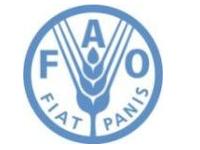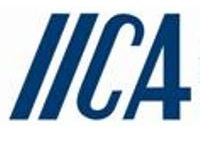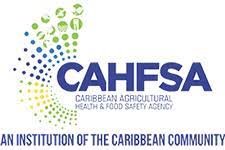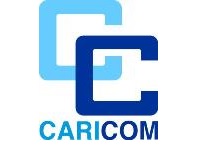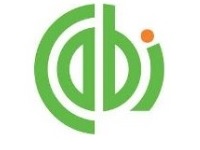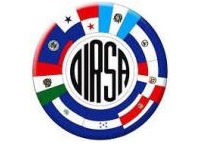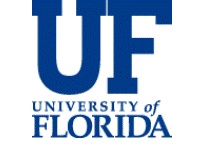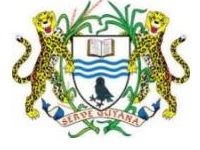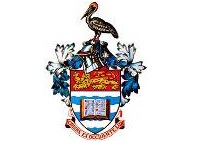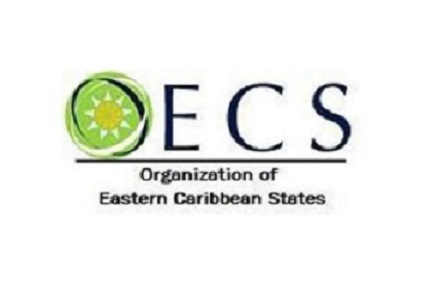From August 2010 to April 2011 conducted an Evaluation of the Fruit Fly Trapping Programme in: Bahamas, Grenada, Trinidad, Guyana, Barbados, St Vincent, St Lucia, St Kitts, Jamaica, Suriname, and Dominica.
The Evaluating Team made several recommendations:
- Development of a manual with:
- Information on fruit fly biology, identification and host preferences.
- Information on host plants, identification and fruiting patterns
- Recommended trap types and lures
- Recommended trap densities, trap servicing schedule and relocations based on host phenology
- Standardized recording with all pertinent information
- Consider adding Multilure traps baited with the two or three component lures to the trapping arrays. The Multilure has a distinct advantage over the McPhail trap baited with hydrolyzed protein (either liquid or pellets) when one considers how long each trap can be left in the field between servicing.
A standard servicing interval of once every two weeks is recommended for all locations. Any extra resources freed up by going from one week to two week servicing should be redirected to putting more traps in the field. - Consider implementing a standard written format to record all fruit fly surveillance activities – create and maintain Survey Books.
- Development of geo-coded tapping system to track all activities and develop and implement a computerized database to track fluctuating populations over time.
- Identify and conduct needed training – target areas of concern include fruit fly identification, host identification, fruit fly survey operations, fruit fly control operations, GIS/GPS technologies, sterile insect technique, and biocontrol.
- Develop an Emergency Response Manual with all required protocols needed to react to a new introduction of economic concern.
- Develop of regulatory treatments to support fruit exports such as hot water treatments, fumigations and irradiation.
- Develop enhanced public education/industry information material to sensitize the travelling public about the need to avoid introducing exotic pests to the region.
- Enhance inter-island cooperation and look for program efficiencies though resource sharing.

